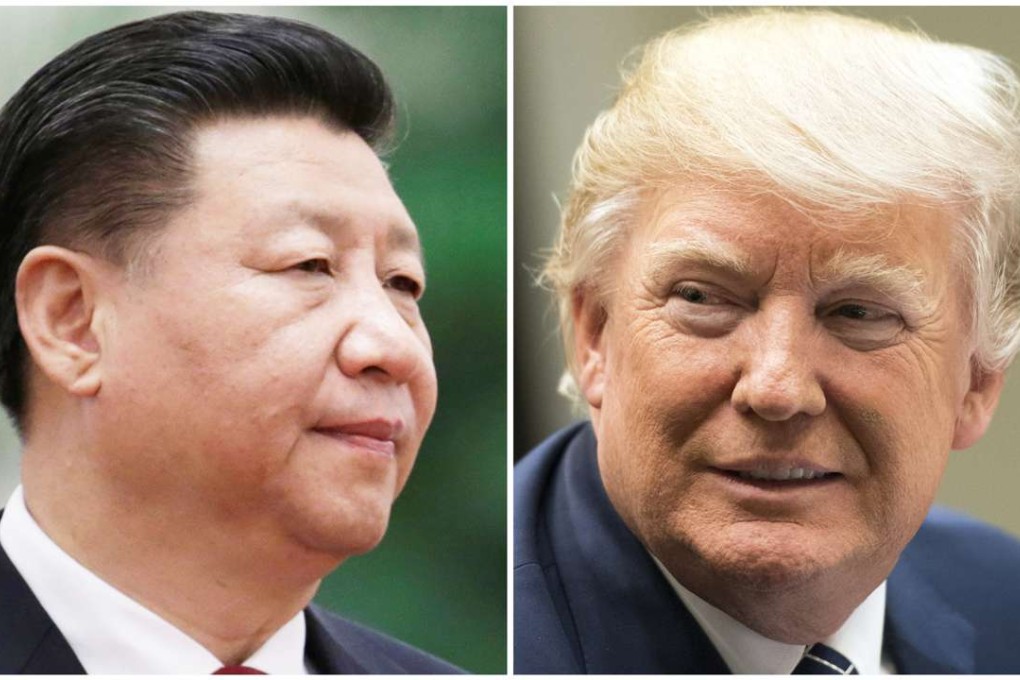Sino File | The dark side to Trump and Xi’s summit in sunny Florida
North Korea, Taiwan, the South China Sea and economic struggles are likely to dominate a looming summit between the presidents of the US and China

But the first Trump-Xi summit is unlikely to be as relaxing or as intimate as the one four years back when the competition and rivalry between the world’s two largest economies was less intense.
The highly anticipated encounter comes amid growing uncertainty in the global economy, with anti-globalisation and protectionist sentiments on the rise. It also comes amid growing security concerns: an increasingly volatile North Korea and escalating territorial disputes in the South and East China Seas.

At the Sunnylands summit, Xi raised the idea of a “new type of relations between major powers”, based on “non-conflict, non-confrontation, mutual respect and win-win cooperation”.
Such wishful thinking and goodwill has long since faded, chased away by the advent of Trumpism.
